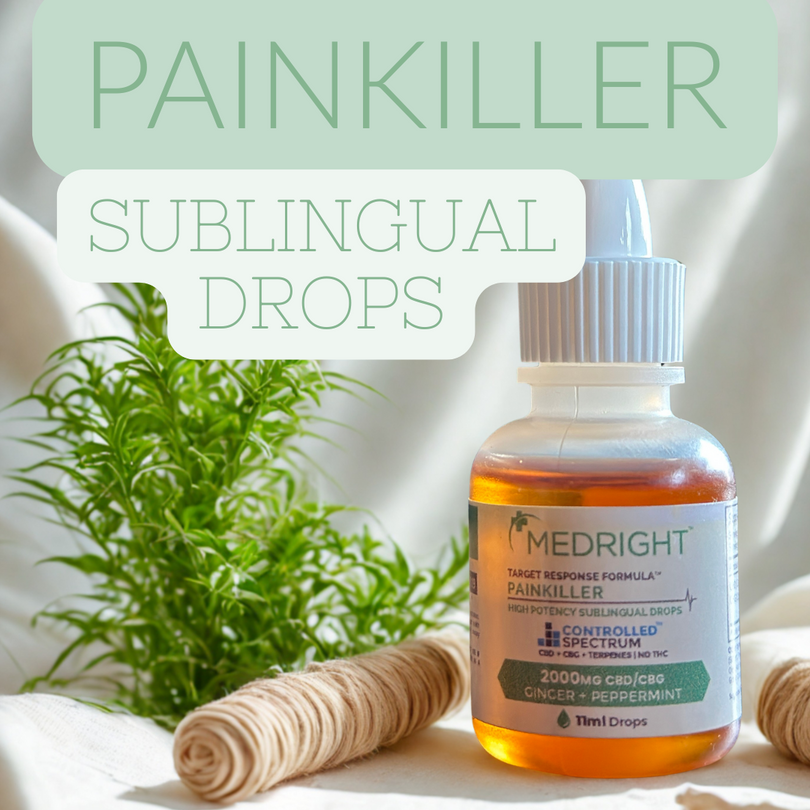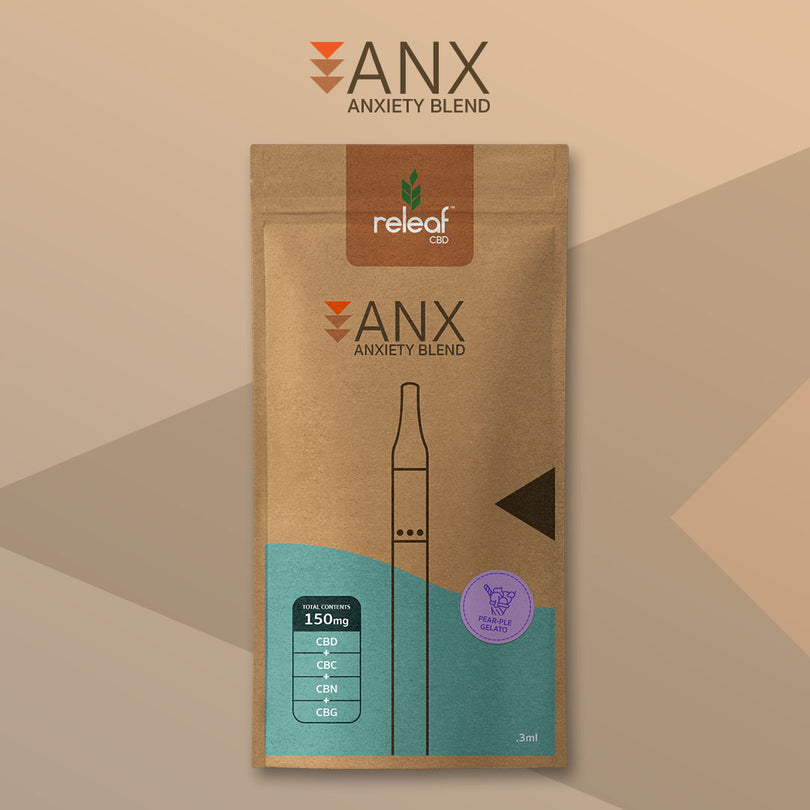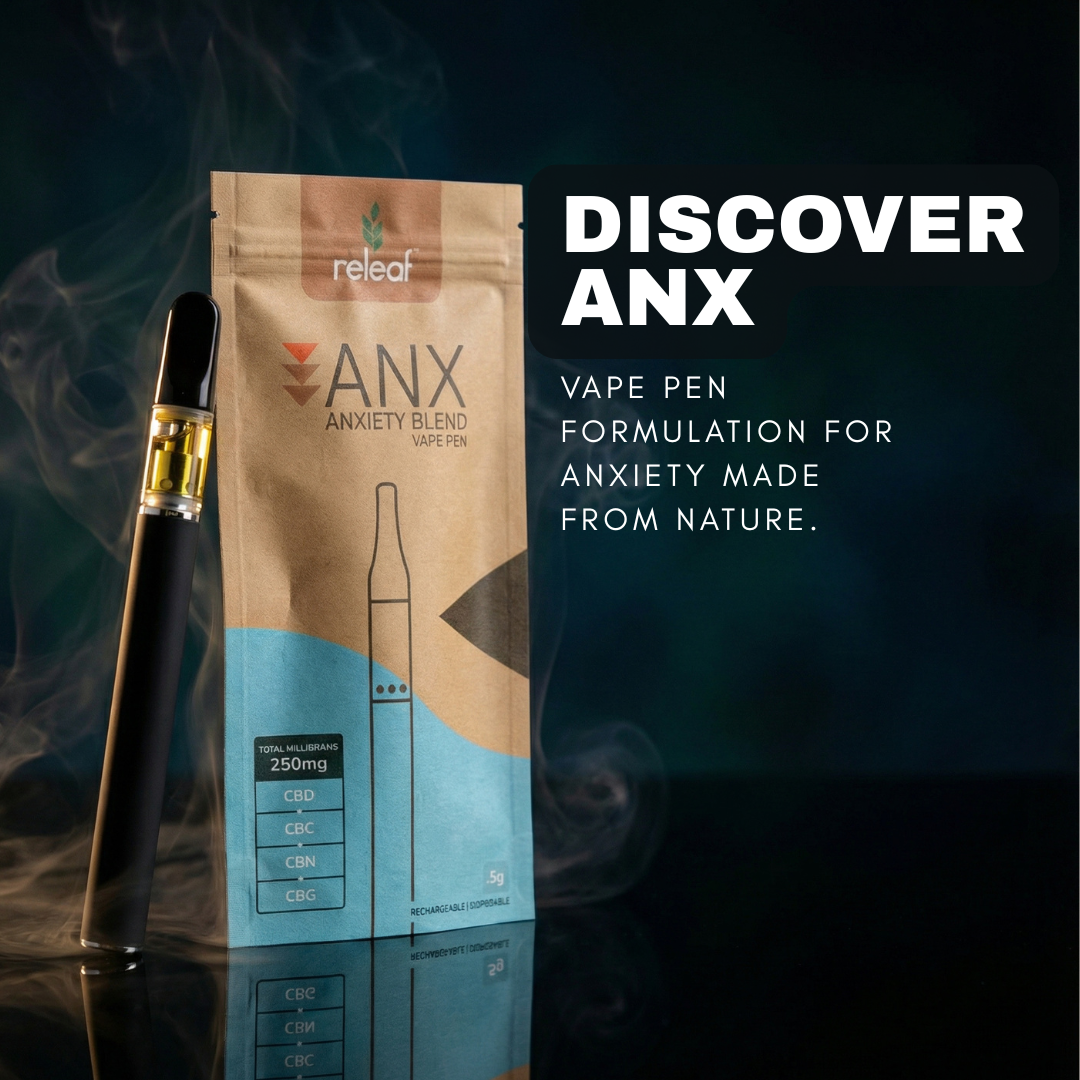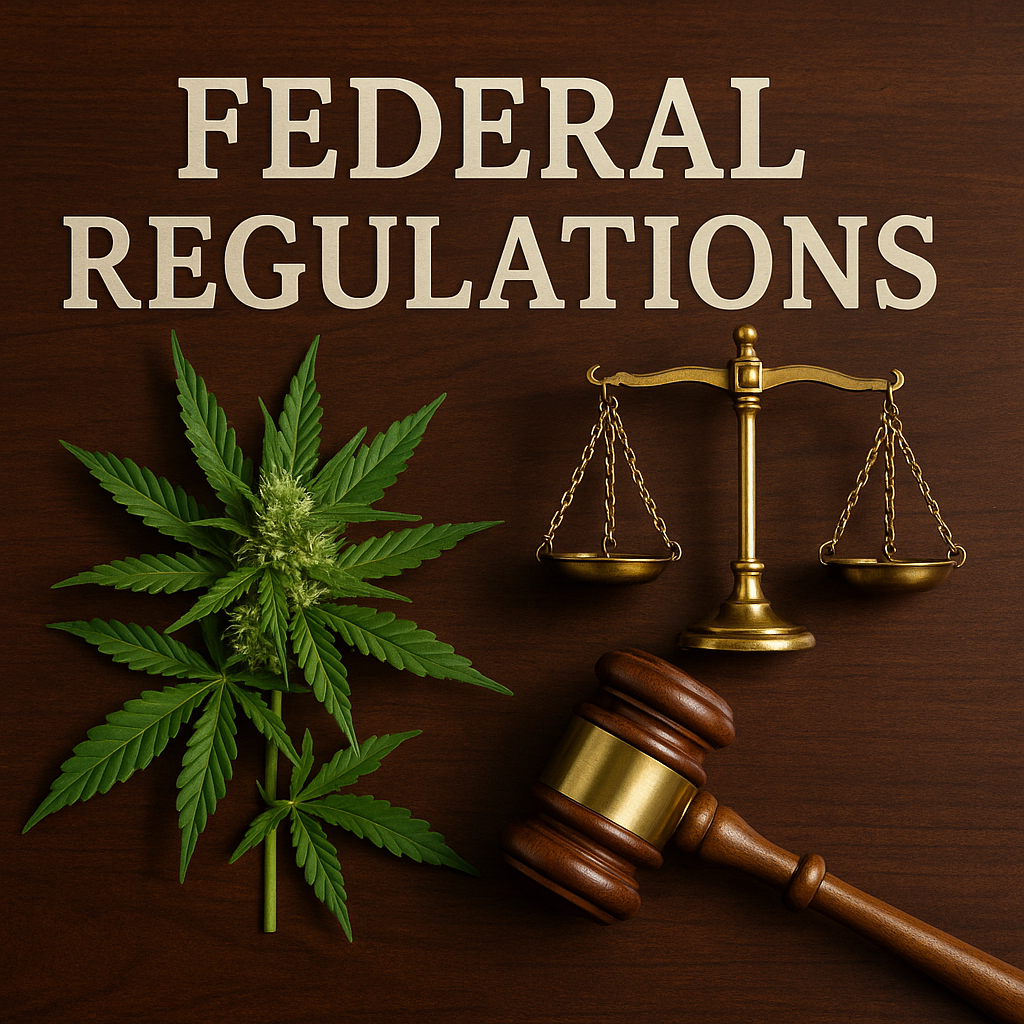The 2025 Farm Bill is one of the most significant shifts in U.S. hemp policy since 2018.
Whether you use CBD, run a hemp business, work on a farm, or simply care about natural wellness, these changes will affect you.
This article breaks down what’s actually happening, why some of the updates make sense, and why others raise real concerns for the future of hemp in America.
What the 2025 Farm Bill Actually Changes
The new Farm Bill includes several major updates to federal hemp laws:
1. Federal ban on “intoxicating hemp derivatives”
This includes Delta-8, Delta-10, THCP, HHC, and even high-THCA flower. Anything that can be “reasonably converted” to THC is now restricted.
2. New limits on hemp processing
Extraction labs must follow stricter rules to ensure no intoxicating compounds remain at any stage of processing.
3. Hemp oversight returns to federal agencies
The government is closing loopholes states used to allow intoxicating hemp products.
4. Higher compliance standards for farms and processors
Testing, reporting, documentation, and chain-of-custody requirements are all increasing.
Together, these changes dramatically shift how hemp can be grown, extracted, and sold nationwide.
Why Some of These Changes Make Sense
Even within the hemp community, many people agree with parts of this bill. The reality is:
• Gas stations and convenience stores were flooded with unregulated THC lookalikes.
Parents, teachers, and even responsible hemp companies raised concerns.
• States had no consistent regulations.
One state banned Delta-8, the next allowed everything. It created chaos for consumers and law enforcement.
• Product safety was unpredictable.
Some companies were reputable. Others rushed products with zero testing.
Setting clearer standards could protect consumers and bring legitimacy to the hemp space.
In that sense, parts of the Farm Bill are a step forward.
But Here’s the Problem: The Bill Goes Too Far
While safety and clarity are important, the 2025 Farm Bill swings the pendulum in the opposite direction — to the point of threatening the entire hemp economy.
1. Eliminating an entire $28 billion industry overnight
Delta-8 and its related cannabinoids became a lifeline for small farms and extraction labs. Now, many face closure.
2. The “convertible to THC” rule is extremely broad
Almost every cannabinoid can be converted into THC with chemistry.
This language risks pulling the rug out from under legitimate hemp processors.
3. Labs that produce THC-free CBD extracts may suffer
Even companies who never touched intoxicating hemp rely on processors who must now navigate new federal burdens.
4. Overregulation invites the very monopolies people fear
Large corporations and pharmaceutical interests can absorb the costs.
Small and mid-sized hemp businesses cannot.
5. The U.S. risks falling behind globally
Other countries are expanding natural wellness and cannabinoid research.
The U.S. is tightening control at the exact moment the world is accelerating.
What This Means for CBD and Hemp Wellness Brands
The good news?
CBD (especially THC-free CBD) remains federally legal.
Non-intoxicating cannabinoids like:
-
CBD
-
CBG
-
CBC
-
CBN
…remain protected as long as they are from hemp and remain below 0.3% total THC.
However, the supply chain may be disrupted as extraction labs adapt to the new rules.
Some labs will survive. Others will not. Prices may shift temporarily as the industry stabilizes.
For consumers who rely on natural hemp wellness, consistency is key — and that’s what companies like ReleafCBD aim to protect.
Why This Matters for Everyone — Not Just the Hemp Industry
Hemp isn’t just another crop.
It represents:
-
An alternative to pharmaceuticals
-
A natural tool for wellness
-
A path for small farmers to stay in business
-
A way for people to take health into their own hands
-
An industry built on innovation, not monopolies
When regulations protect people, that’s good.
When regulations crush innovation, that’s the opposite of what America was built on.
The Farm Bill should create balance, not wipe out entire categories of natural health products.





